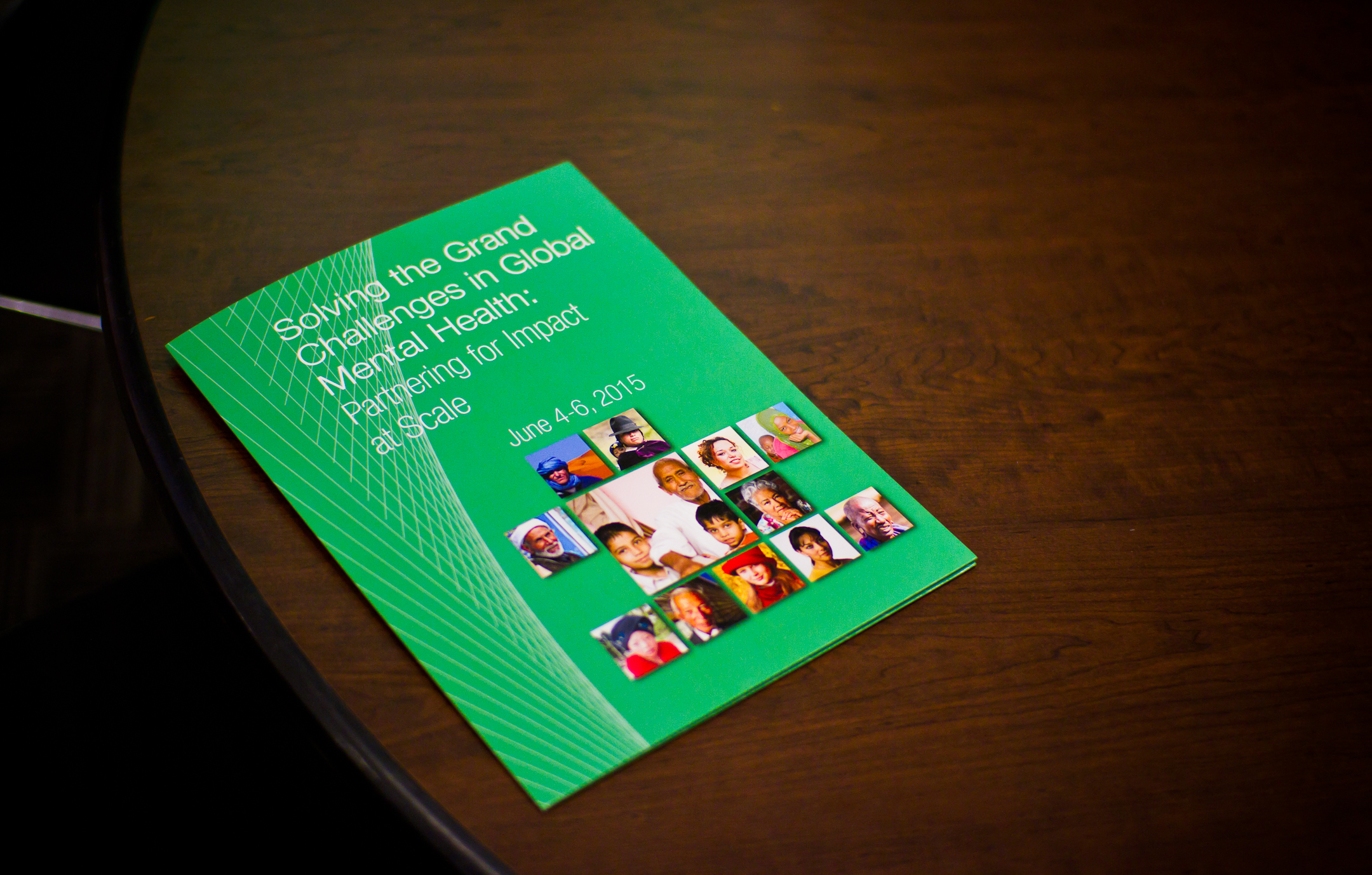
Grand Challenges Canada and the U.S. National Institute of Mental Health (NIMH) co-hosted the conference “Solving the Grand Challenges in Global Mental Health: Partnering for Impact at Scale” in Toronto, Canada in June.


Grand Challenges Canada and the U.S. National Institute of Mental Health (NIMH) co-hosted the conference “Solving the Grand Challenges in Global Mental Health: Partnering for Impact at Scale” in Toronto, Canada in June.
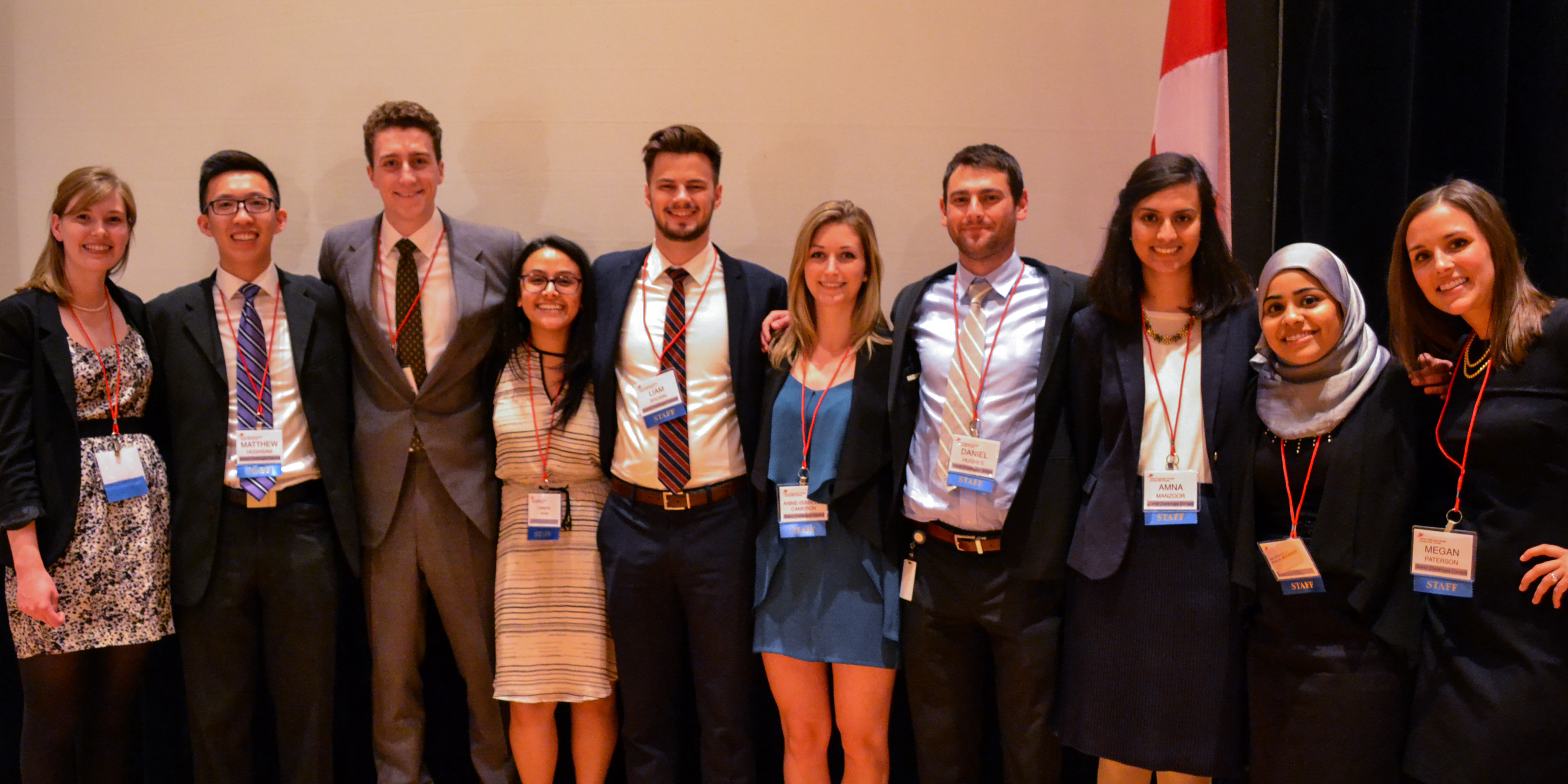
Summer means longer days, warmer weather, and the start of the Grand Challenges Canada 2015 Summer Student Program.
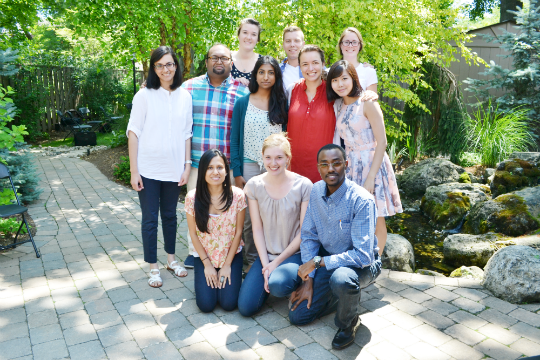
We have recently launched our 2015 Summer Student Program. This is an excellent opportunity to look back at our team of students from 2014.
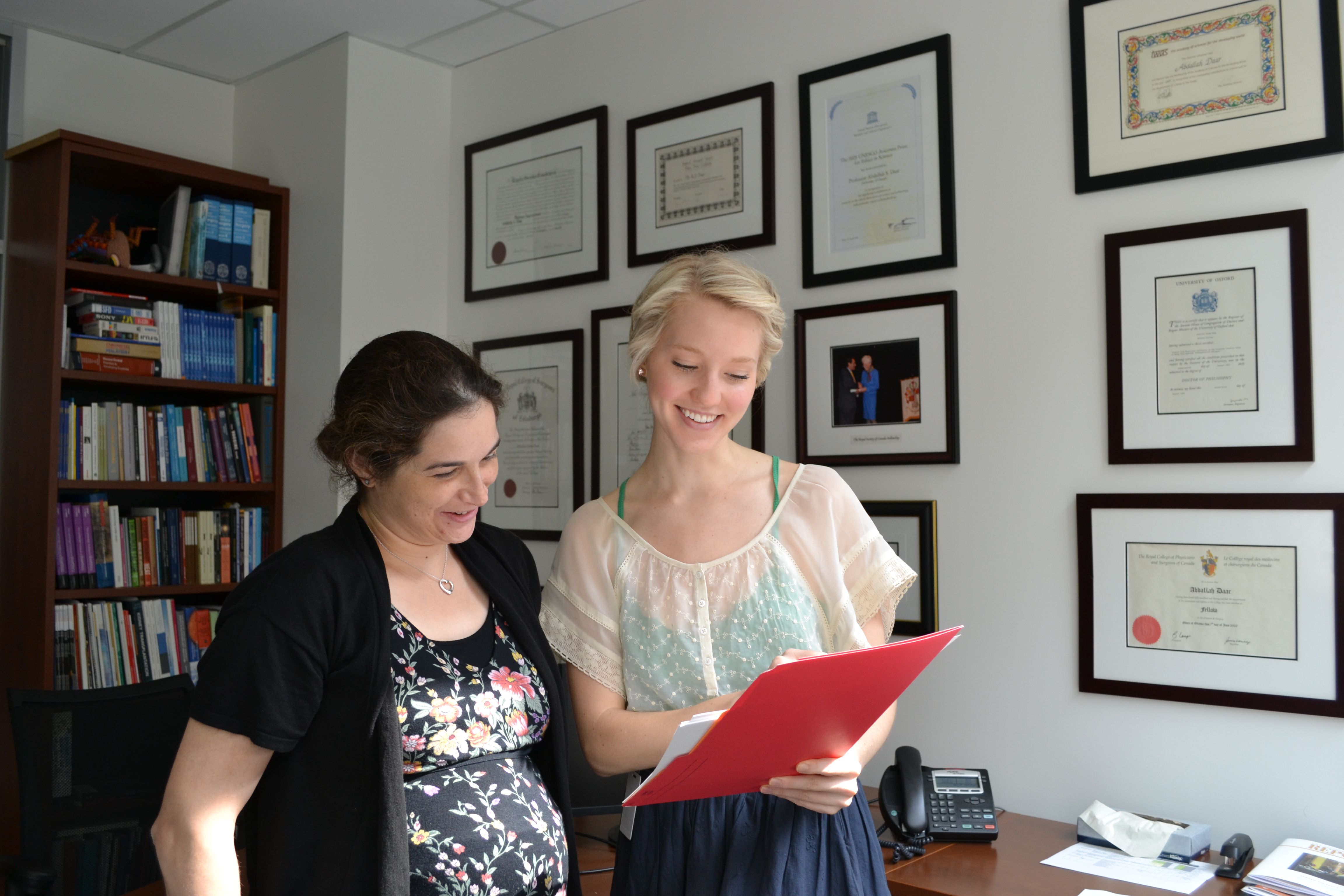
Point-of-care diagnostics is about making diagnostic tools more accessible to patients in low- and middle-income countries. For example, this could mean furnishing rural health care clinics with a diagnostic tool so that patients need not travel as far as the closest hospital to seek a diagnosis.
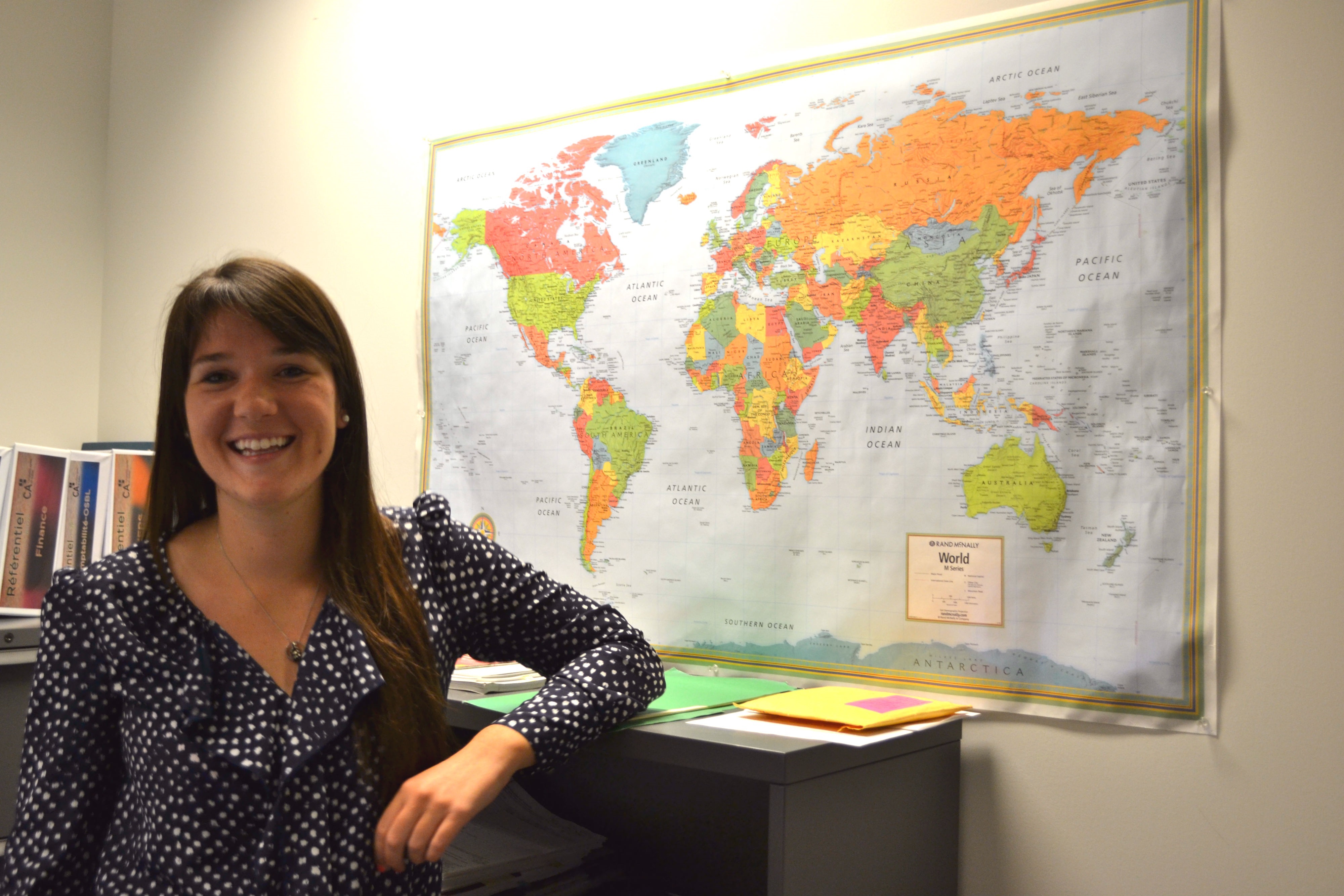
When Dr. Singer prompted the Grand Challenges Canada team to ponder what it would look like when a Grand Challenge had been solved, he might as well have been asking: when can we close a program and move on to address other grand challenges in global health? It was in this moment that I realized that Grand Challenges Canada is moving in the right direction towards the denouement of international development as an industry.
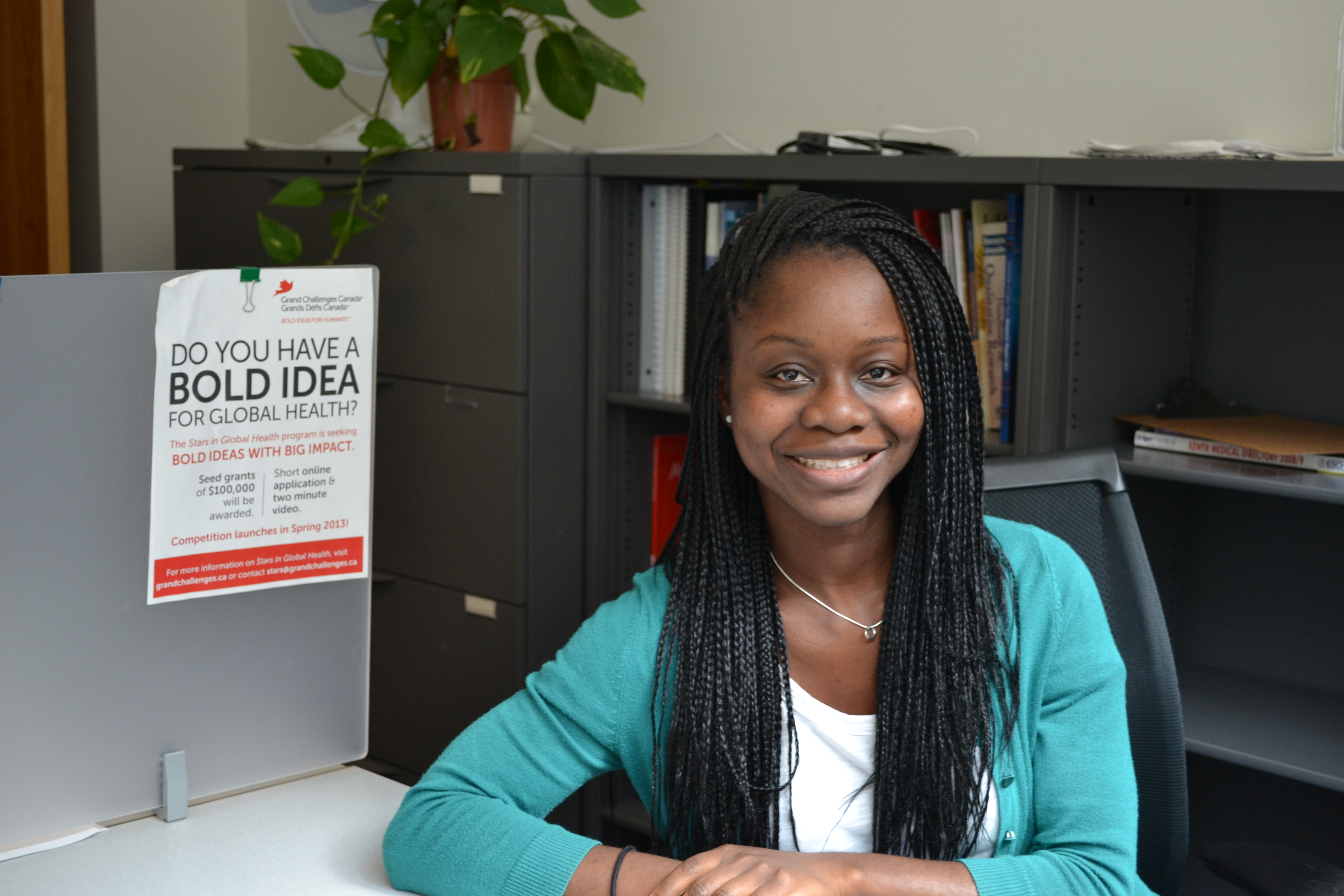
Research should not be conducted for the mere sake of conducting research. This is the beauty of the Stars program – it is like no other Canadian global health initiative, in that it supports innovator-defined projects driven by entrepreneurs in Canada and low- and middle-income countries (LMIC).

Working with my supervisor, Raymond Shih, and the rest of the Financial Innovations team at Grand Challenges Canada, I was able to gain insight about and appreciate the difficulty of evaluating the financial viability and scalability of global health investments.
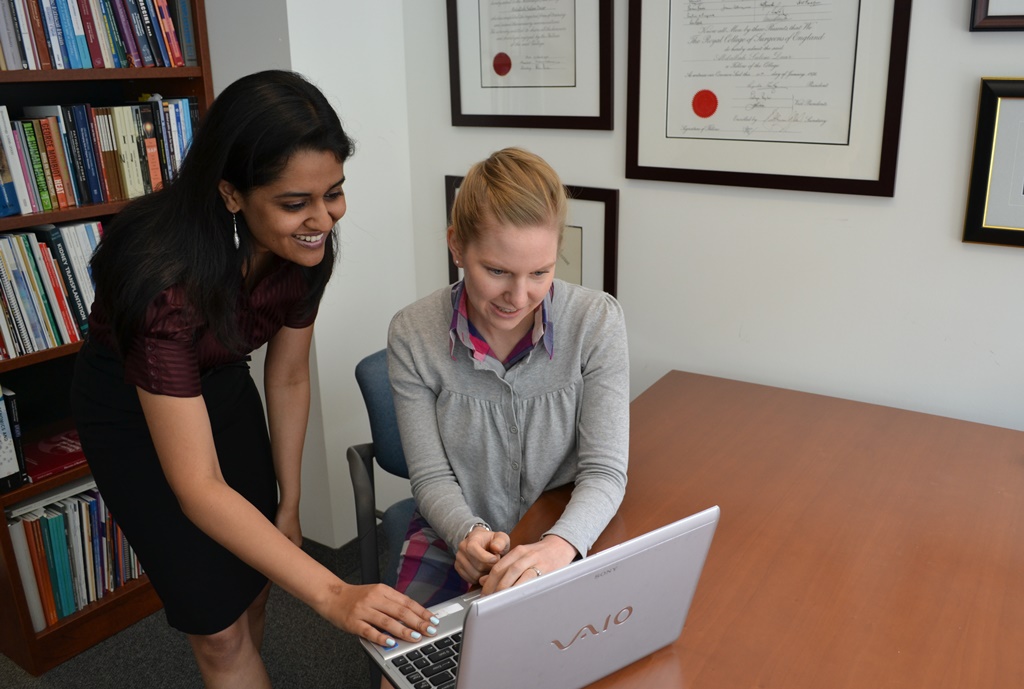
Linking to trending hashtags, veering away academic jargon to a conversational tone (while maintaining a sense of gravitas), and sometimes, simply reading a tweet aloud to think about how it ‘sounds’, are tools that help keeping content from sounding dull.
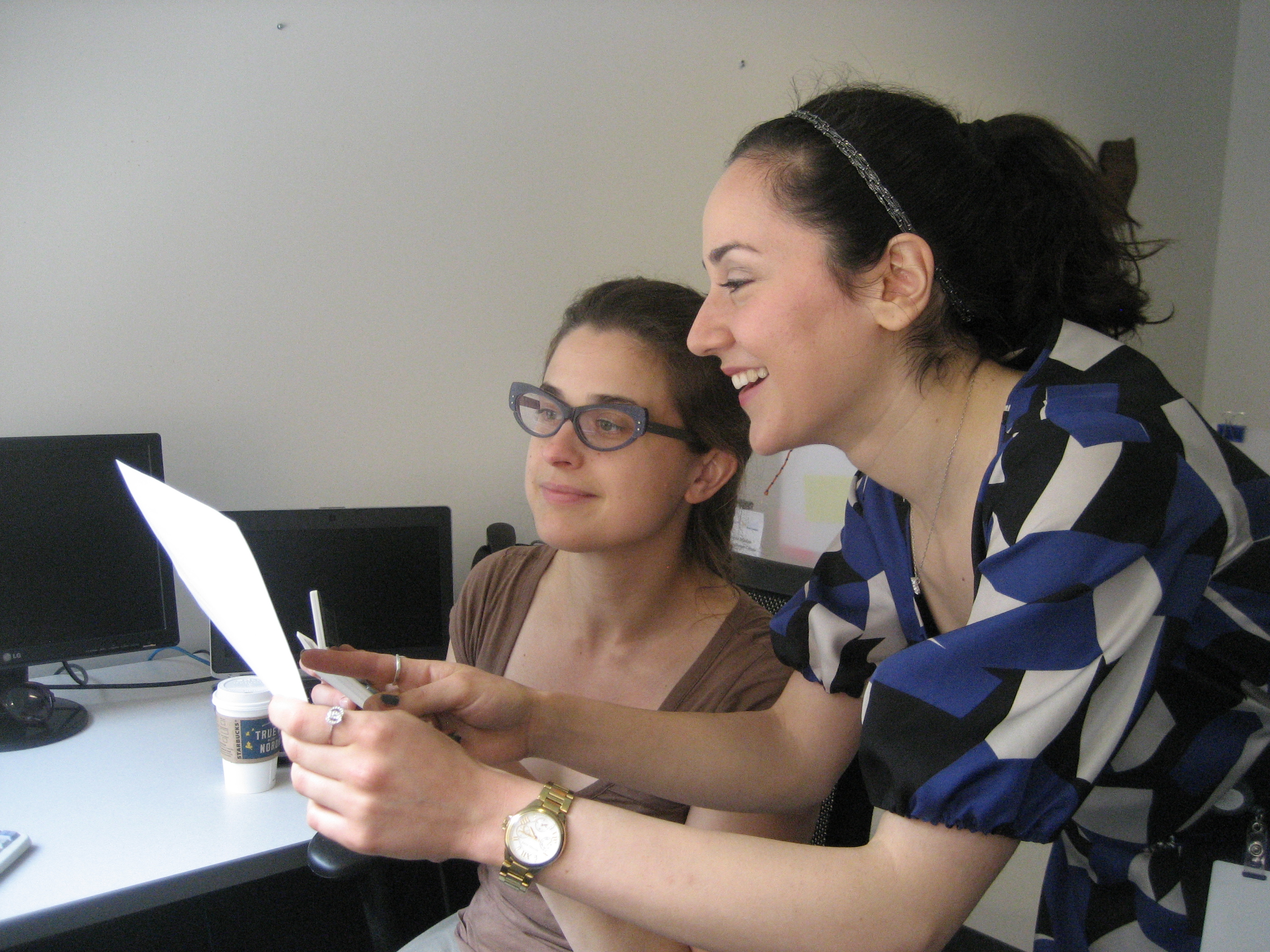
The privilege I feel to be contributing to Grand Challenges Canada is not fleeting: it is felt as I write this blog, chat with the dynamo students with whom I share desk space, and sit with Melanie while she translates high-level strategic objectives into financial objectives.
Shahid Yusaf describes his project as “the McDonald’s for health care service – but without the supersize.” Yusaf is president of FINCON services…